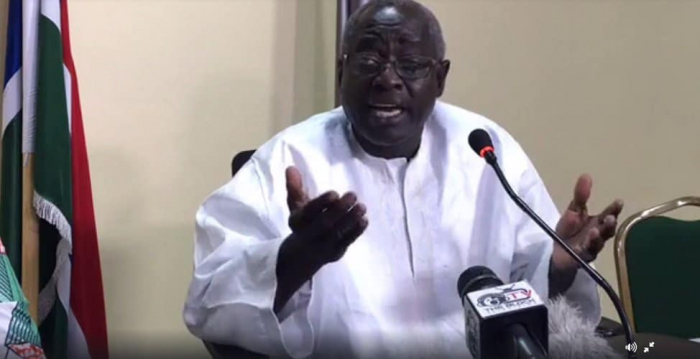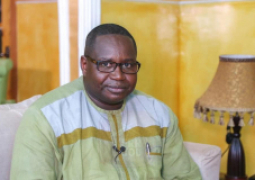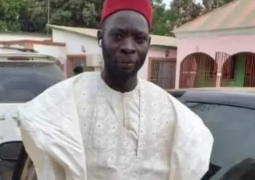
Analysts say to write about Sallah or his contemporaries Sam Sarr and Sidia Jatta is to write about an entire generation of Gambians who challenged the country to think beyond independence as mere symbols of statehood. Their ideas, they argue, shaped debates on citizenship, justice, and the moral foundations of a new nation.
“The Gambia is too small for stories to belong to one person,” observers note. “Every act and every experience ripples across the collective. Yet, despite our shared history, we have failed to forge a unified national identity.”
At independence in 1965, questions surrounded The Gambia’s viability as a nation. The banned book Enter the Gambia captured those anxieties, pressing Gambians to ask: What does it mean to be Gambian?
Instead of confronting such questions directly, the early years of independence were marked by caution and compromise, with little effort to forge a coherent national narrative.
It was in this intellectual vacuum that figures like Halifa Sallah rose, insisting that independence should go beyond a flag and anthem to include liberation of the mind.
The First Republic under President Dawda Jawara fostered an environment where ideas thrived. Schools, government offices, and intellectual circles became spaces of debate, producing a generation of competent civil servants and thinkers.
However, many of these bright minds later left the country in search of opportunities abroad, creating a vacuum that weakened the nation’s intellectual resistance to dictatorship.
Observers say Sallah was one of the few who remained, maintaining his position as a steadfast critic of authoritarianism.
His resilience was tested again in December 2016 when former President Yahya Jammeh refused to accept electoral defeat. While many fled to Senegal, Sallah stayed behind, calming tensions and guiding the transition with reason and dignity.
“He became the moral centre of the Republic,” one analyst said, noting that Sallah consistently stood firm when silence seemed safer.
Calls are now being made for a national monument in his honour. Advocates suggest that his famous sitting spot be marked with a plaque that reads: “Here sat a man who refused to bend when the wind of compromise blew hardest.”
Supporters argue that such a tribute would not only recognise Sallah but also serve as a reminder to future generations that leadership is about conscience, not noise.
Analysts stress that beyond monuments, The Gambia must confront the deeper question of national identity. Despite decades of independence, the country remains a patchwork of ethnicities, faiths, and regions without a unified story of nationhood.
“The Gambia’s greatest struggle has never been political but existential: Who are we? What binds us beyond the river and colonial borders?” one commentator asked.
Until those questions are answered, observers warn, the nation’s history will remain fragmented, and its heroes will continue to stand alone.



